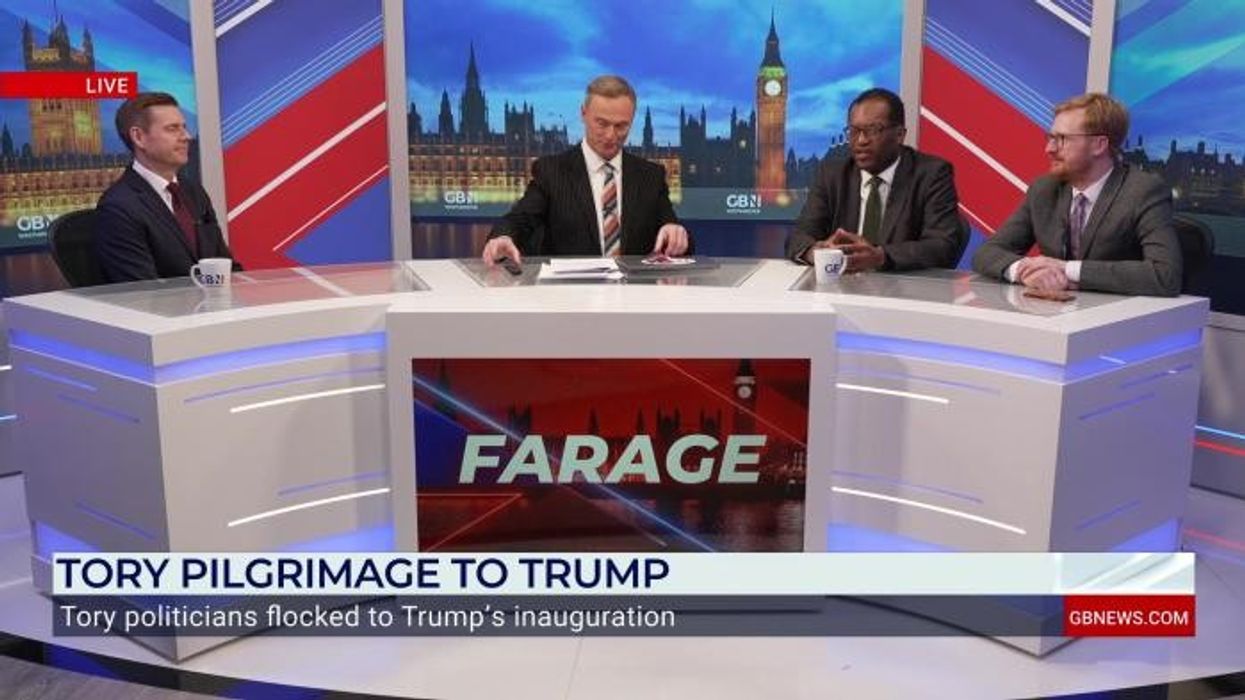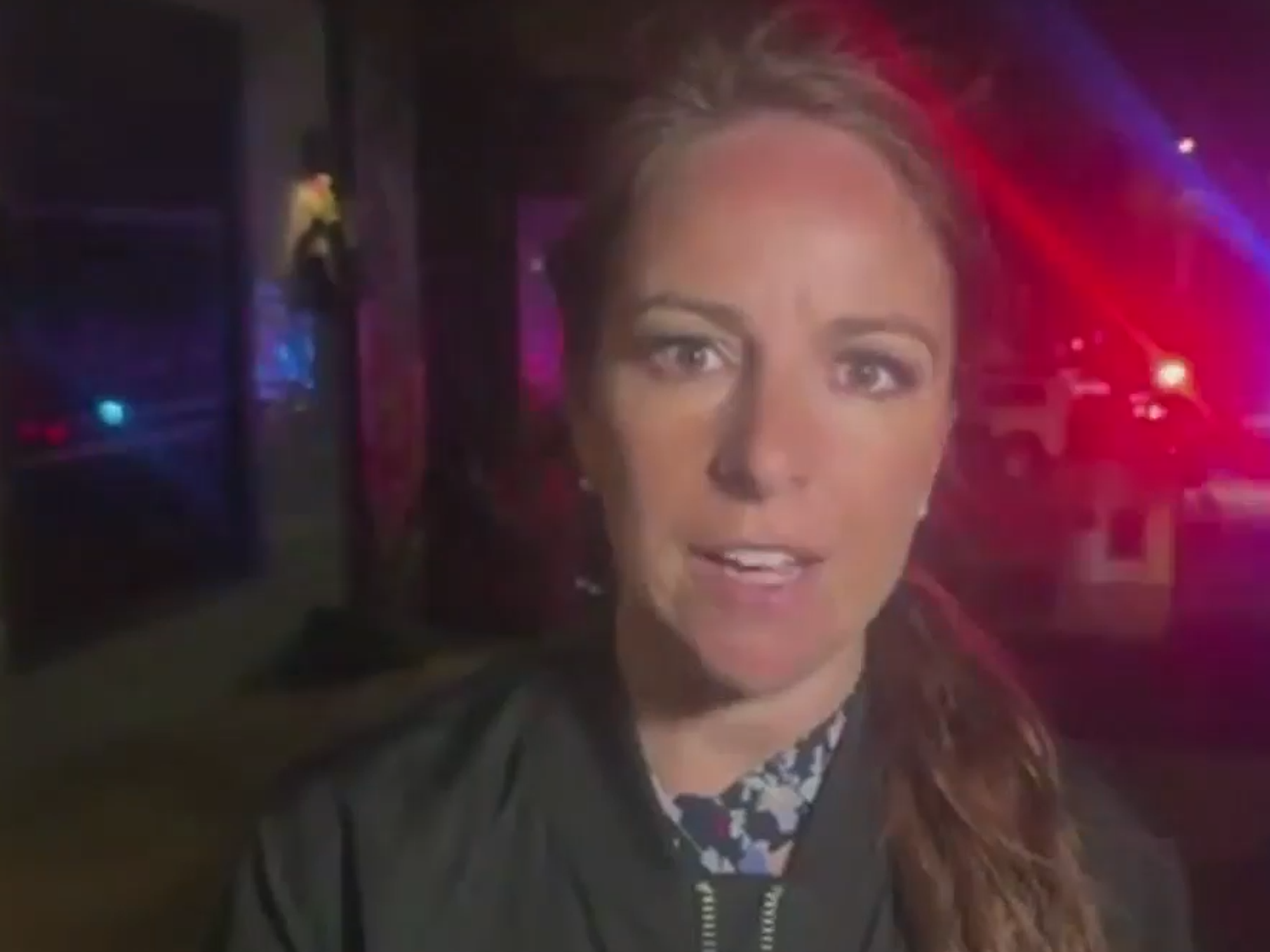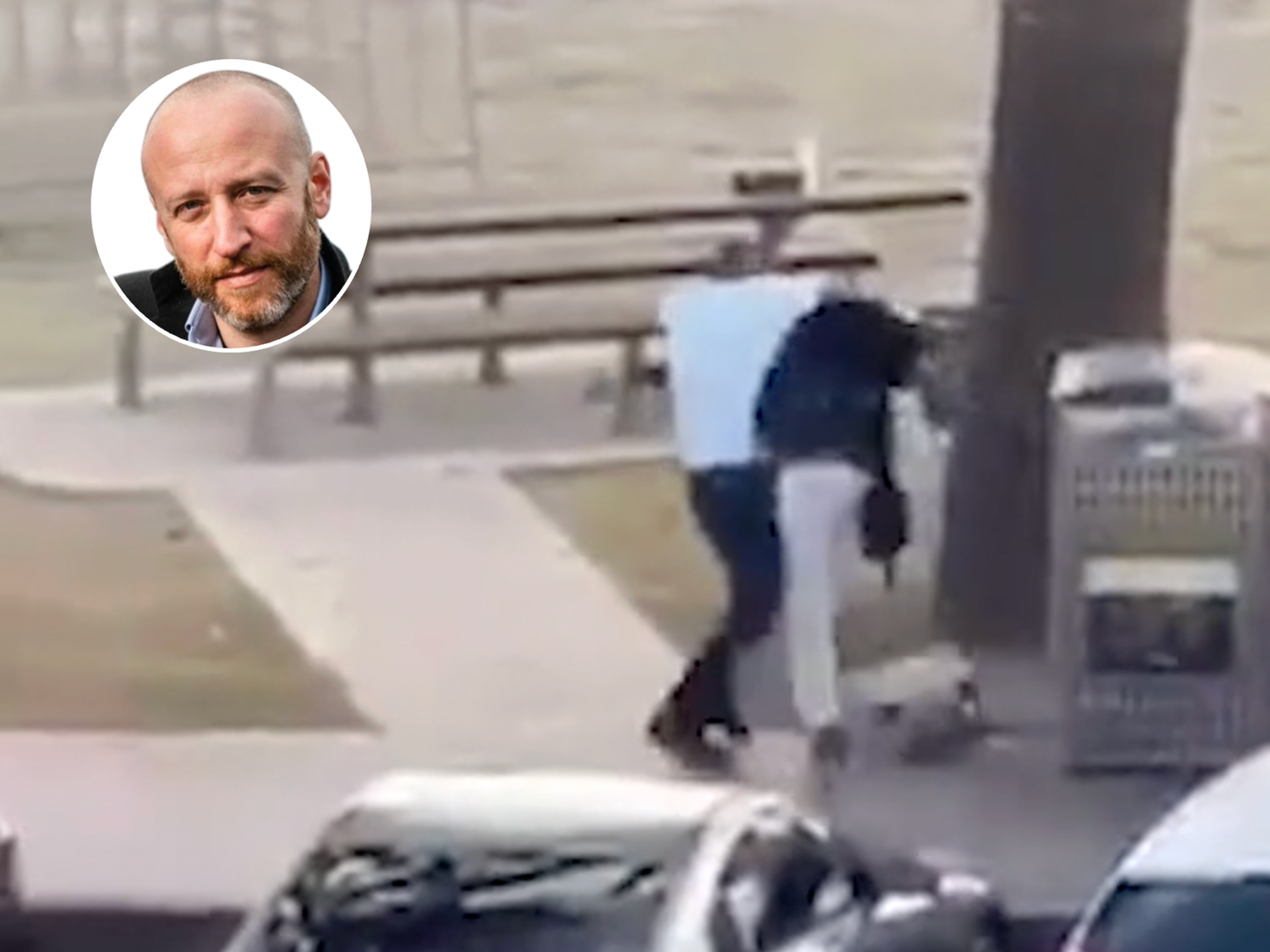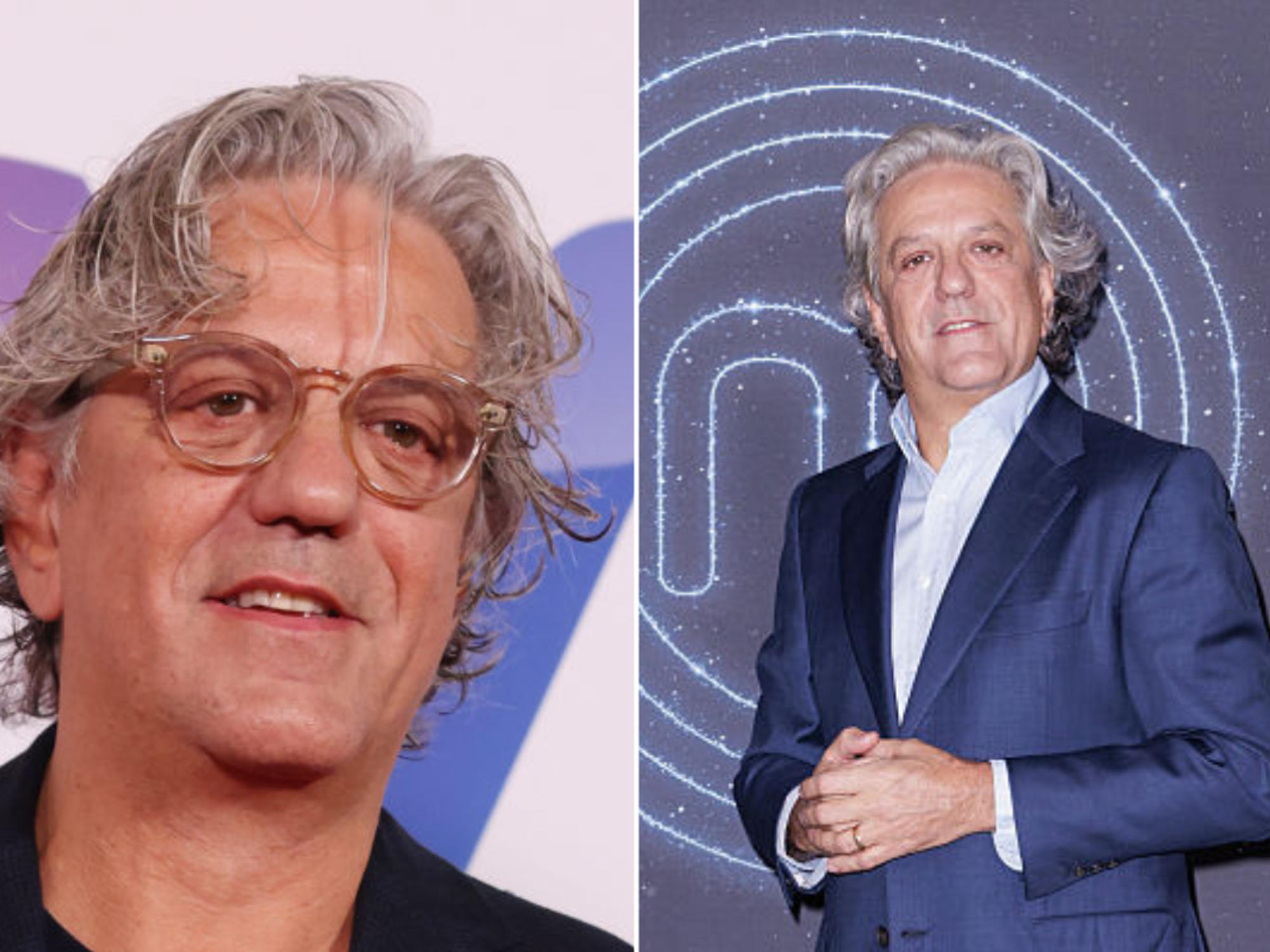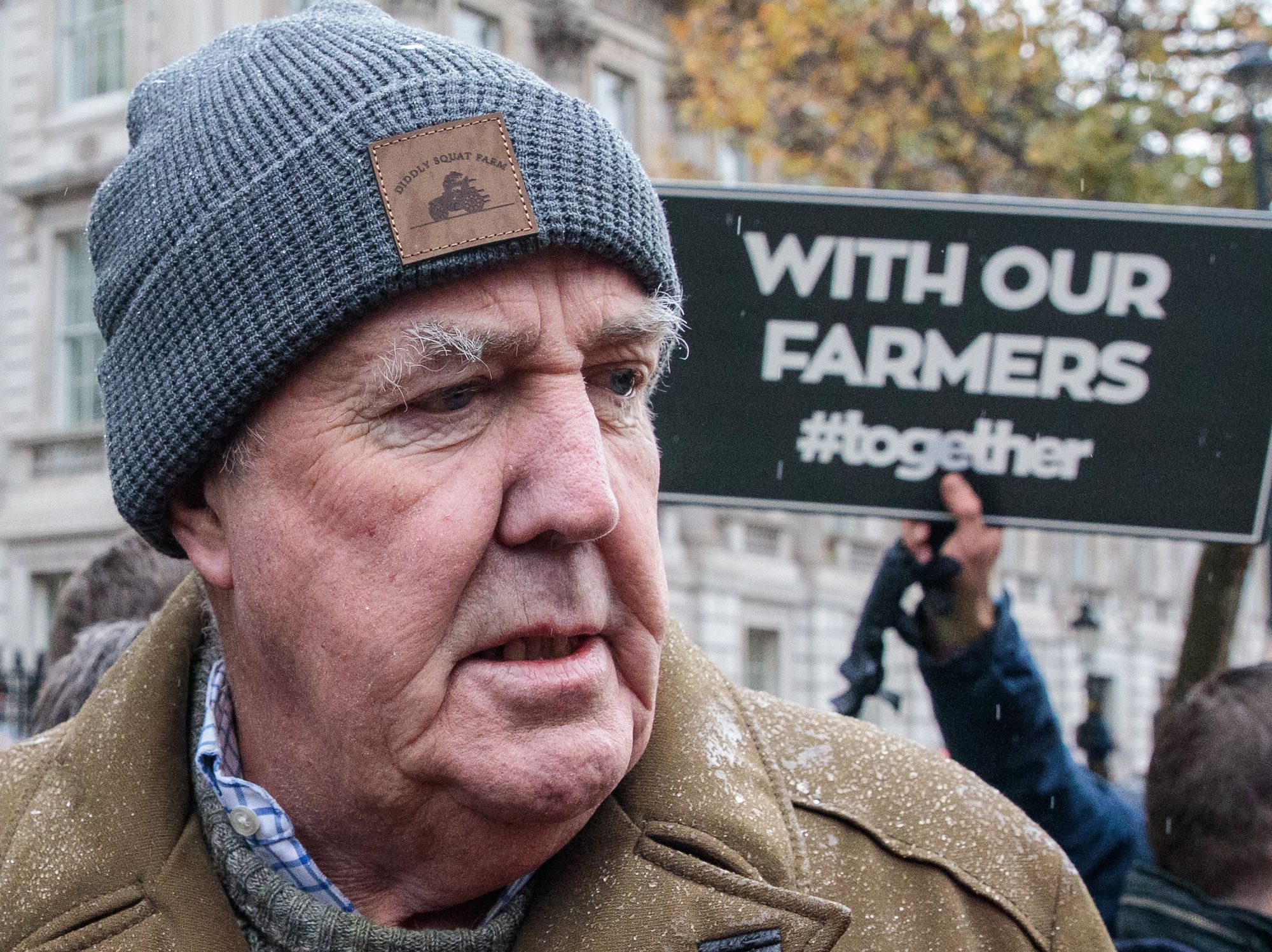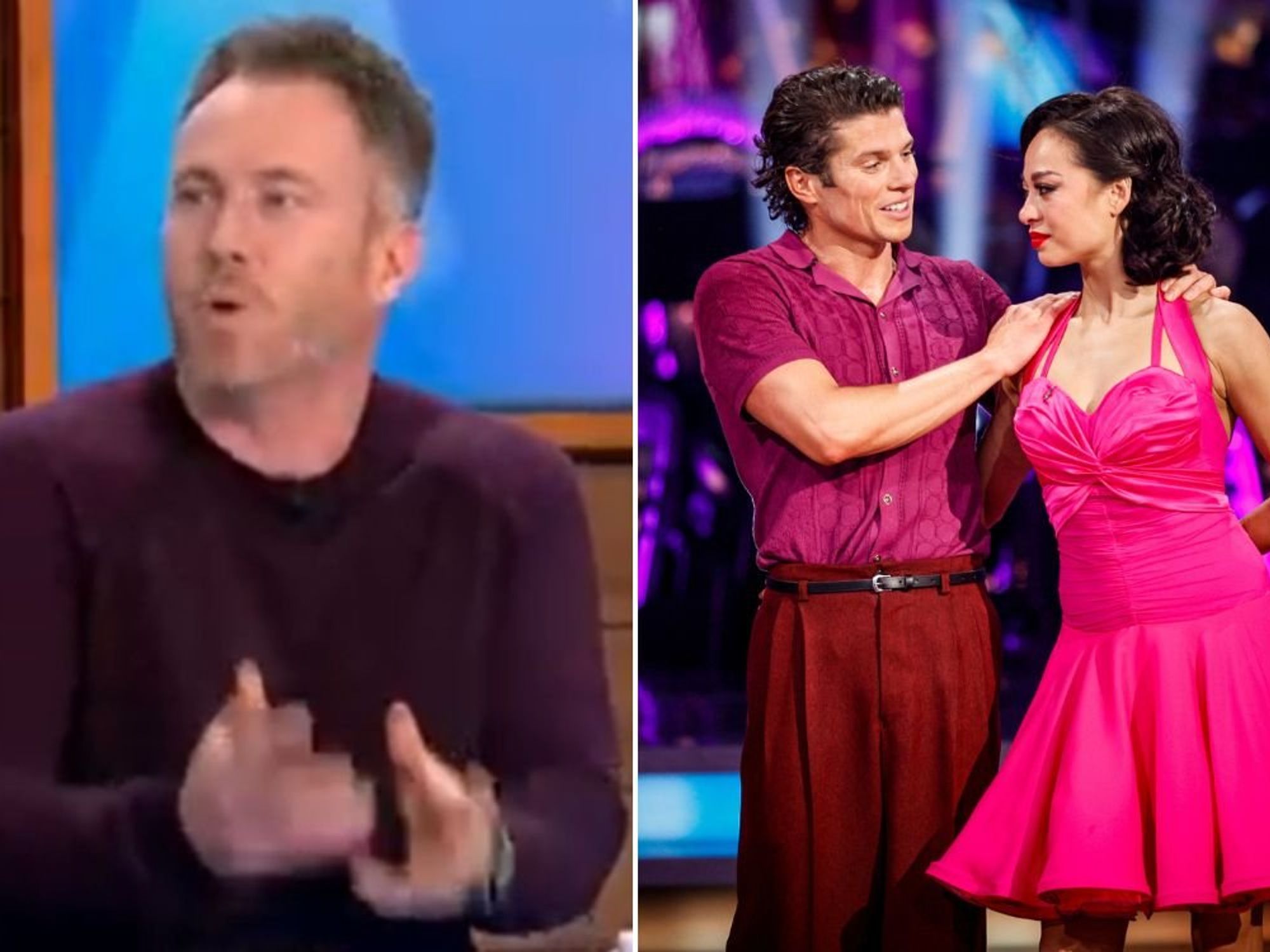Is God with Trump? - The Brazier Angle
OPINION: TV veteran and presenter Colin Brazier
Don't Miss
Most Read
It’s surprising how many people who say they don’t believe in God behave as if they do.
Look at the social media posts when a celebrity dies. Many express a hope that the recently deceased has “gone to a better place”, from where they “look down” or, at the very least, “rest in peace”.
Cliches yes, often uttered for the want of anything better to say, but they presuppose an afterlife, a heaven, a supernatural ability to defy death.
Which is what the most powerful man in the world believes. This week Donald Trump said that God saved his life from an assassin’s bullet last year in Pennsylvania. Not bad marksmanship. Not the last-moment turn of his head towards a chart. But the Almighty. A sign of divine intervention in human affairs.
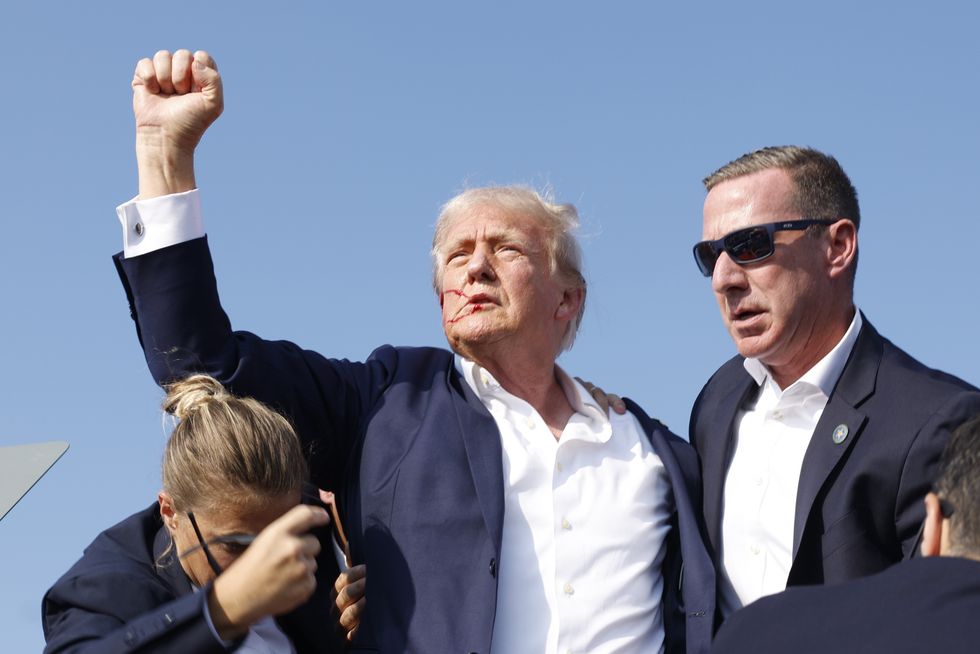 Trump was grazed in the right ear by the assassination attempt | GETTY
Trump was grazed in the right ear by the assassination attempt | GETTYThe cynics, even among Trump’s own supporters, will put this down to secular opportunism. His base is evangelical, so it behoves him to talk the talk even if, as past history suggests, he has not always walked the walk.
But maybe they’re wrong. In 1981 two assassin’s bullets came within a hair’s breadth of hitting the heart of (the now canonised) John Paul II as he drove around St Peter’s Square in the Vatican. The Pope later said his life had been saved by the Virgin Mary. Trump is no Holy Father. But a near-death experience is apt to change anyone’s perspective on life; be they sinner or saint.
The Bible says that the God of the New Testament knows each of us intimately. According to the Gospels, he knows exactly how many hairs are on our heads (Luke 12:7), even if we don’t. In other words, who are we to presume to know what really lies in the heart of Donald Trump. For believers, that’s between him, his conscience and his maker.
So let’s assume, for a moment, that Trump has been spared by an act of God. Then to what end? Americans talk a lot about “manifest destiny”. What’s his, and how much will it be shaped by the Christianity he increasingly espouses?
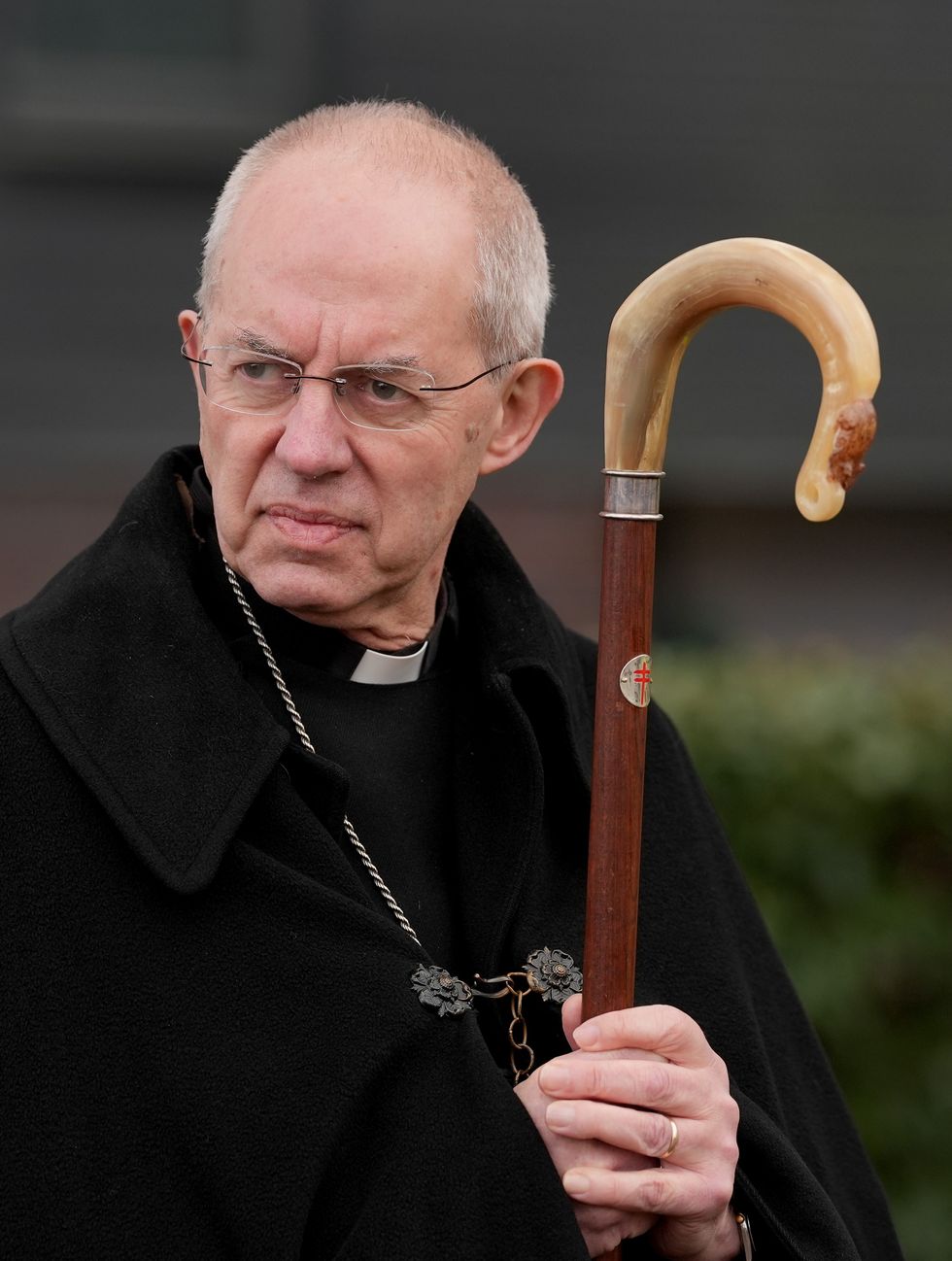 Justin Welby has stepped down as the Archbishop of Canterbury | PA
Justin Welby has stepped down as the Archbishop of Canterbury | PAAt the National Prayer Service in Washington this week, we saw how - even among people of faith - there are huge differences in the application of Scripture to politics. Trump had to sit through a sermon from the Right Rev. Mariann Budde, in which the Bishop pointedly asked for “mercy” to be shown to illegal migrants and trans people.
Trump hit back later, posting a statement in which he accused the “so-called Bishop” of being a “Radical Left hard line Trump hater” who had “brought her church into politics in a very ungracious way”.
There will be those who think the pulpit has always been used to bully politicians. But that doesn’t make it right. Budde’s behaviour was appallingly self-indulgent and designed to provoke - perhaps even to the point of making Trump get up and storm out of her cathedral.
That he didn’t, tells us something. If Trump had upped and left, he would’ve made Budde the story while disrespecting an institution - the Episcopalian Church - which helped build America. He sat tight, flanked by his wife Melania (who directed a scowl at Budde that would’ve made cream curdle).
Afterwards, there were plenty of voices online pointing out that the bishop was making a very selective reading of her creed. The conservative commentator (and Catholic ) Megyn Kelly told her 3.5m X followers that Budde “apparently prefers we mutilate children in the name of gender ideology & allow young girls to get gang raped by illegals at our open S[outhern] border.”
Leaving aside the centuries old (and bloody) question of who speaks for Christ on Earth, what happened at the Washington National Cathedral tells us a lot about the state of Christendom.
LATEST MEMBERSHIP OPINION:
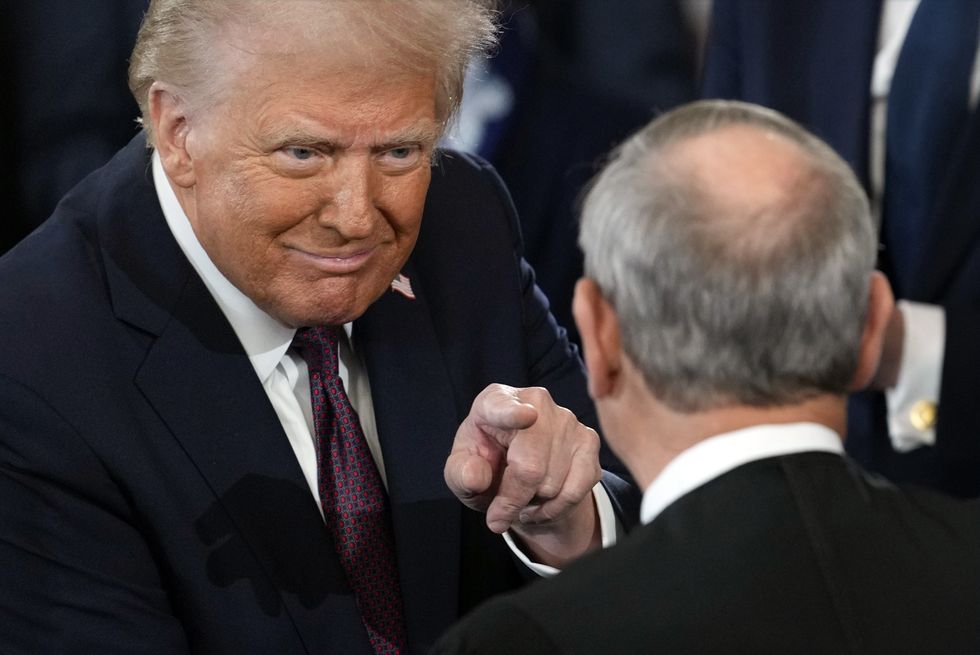 Donald Trump began his inauguration day with a church service at St. Johns Episcopal Church, located just a block from the White House. | Getty
Donald Trump began his inauguration day with a church service at St. Johns Episcopal Church, located just a block from the White House. | GettyFor one thing, it reinforces the view that the Episcopalian church (a sprig of the Anglican Communion) has no future. Its congregations are dwindling. Worshippers are fed up with the trivialisation and politicisation of faith, the abandonment of much-loved traditions, and the killing-off of solemnity and ceremony.
The Church of England, in particular, seems more interested in paying millions to ‘survivors’ of colonialism than it does with filing pews. Identity politics and an almost pagan obsession with the environment mean that the church of Bishop Budde, and for that matter Justin Welby, is going out of fashion - fast.
But something is stirring. In America, sales of the Bible rose by almost a quarter last year. Interest is keenest where churches offer old-school worship. Services which are heavy on Latin and light on acoustic guitars are doing well. The Orthodox Church is said to be booming among young, educated conservatives, who are drawn to its fidelity to the past and its unvarnished masculinity.
Public displays of religiosity are also back in. Imagine a senior British politician crossing himself as JD Vance did during the inauguration ceremony. Vance, a convert to Catholicism, is typical of an emerging cohort of unapologetically conservative Roman Catholics. Some, like Mark Wahlberg and Mel Gibson, swim against the Hollywood tide.
Others, like Candace Owens and Ayaan Hirsi Ali, are women with incredible back-stories. Intellectuals like Jordan Petersen (whose wife has recently converted to Catholicism) write books stressing how the West is nothing without its Christian roots.
We are told that Christianity is in decline in the US. It’s fairer to say that, while atheism and agnosticism may be spreading, belief among its remaining adherents is hardening. Before November’s election we were repeatedly told that Trump’s support for changes to abortion laws would be electorally ruinous. It wasn’t.
GK Chesterton famously said that when people stop believing in God they don’t believe in nothing, they believe in anything. Having dodged death and defeat, Donald Trump has the chance to show the world that Christianity is a faith for the future, not the past.


